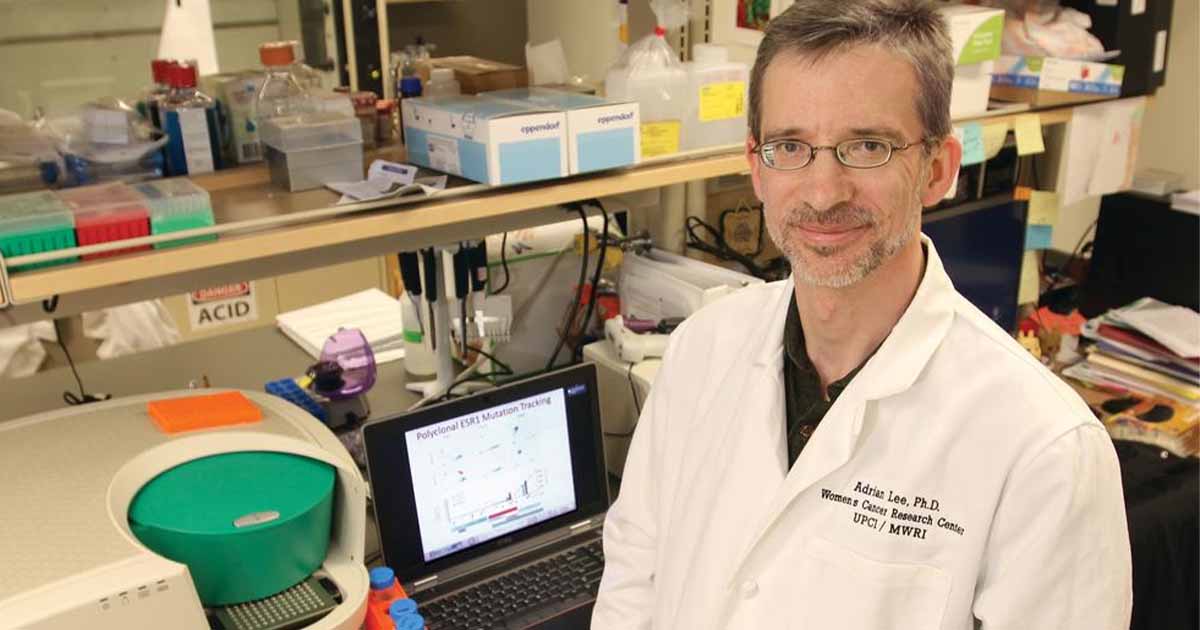Congress finally resolved its differences last Thursday after a 16-day federal governmment shutdown that may have cost Republicans some voters and without a doubt cost the American people beaucoup bucks. It definitely threw a kink in some of the health IT (HIT) work of the Office of the National Coordinator.
During the shutdown, 11 ONC meetings were cancelled, including the monthly meetings of the federal advisory HIT Policy Committee and HIT Standards Committee, along with nine workgroups. Most of the workgroups have been rescheduled for the remaining days in October.
But Paul Tang, MD, vice-chair of the HIT Policy Committee said his committee will not be rescheduling its canceled Oct. 2 meeting.
"We are juggling our agenda for future meetings to try to accommodate the deliberations that would have occurred in October, but in general we will be shifting our schedule of deliverables out a month," Tang told Government Health IT.
According to the committee's 2013 workplan, the group was scheduled to deliver meaningful use Stage 3 recommendations and begin work on Stage 4 recommendations by the end of this year. However, prior to the shutdown, there was already a debate over whether the group would be able to tackle these objectives this year.
John Halamka, vice-chair of the HIT Standards Committee said the shutdown won't pose any problems to his committee. "Really nothing happened other than the in-person October 16 meeting was cancelled," he said. "We'll likely make up that work via conference calls."
As for the entire Office of the National Coordinator, it diminished from 184 staff members to a skeletal crew of two, according to Peter Ashkenaz, a spokesman for ONC. This staff was retained for essential financial and administrative services, Ashkenaz explained. No policymakers reported for duty under the furlough.
As of Oct. 17, "we're back with Jacob Reider and Lisa Lewis acting as national coordinator and principal deputy," Ashkenaz said. "Beyond that, we're continuing to ensure providers are ready for Stage 2 and working on standards."
Related stories:
Topic:


